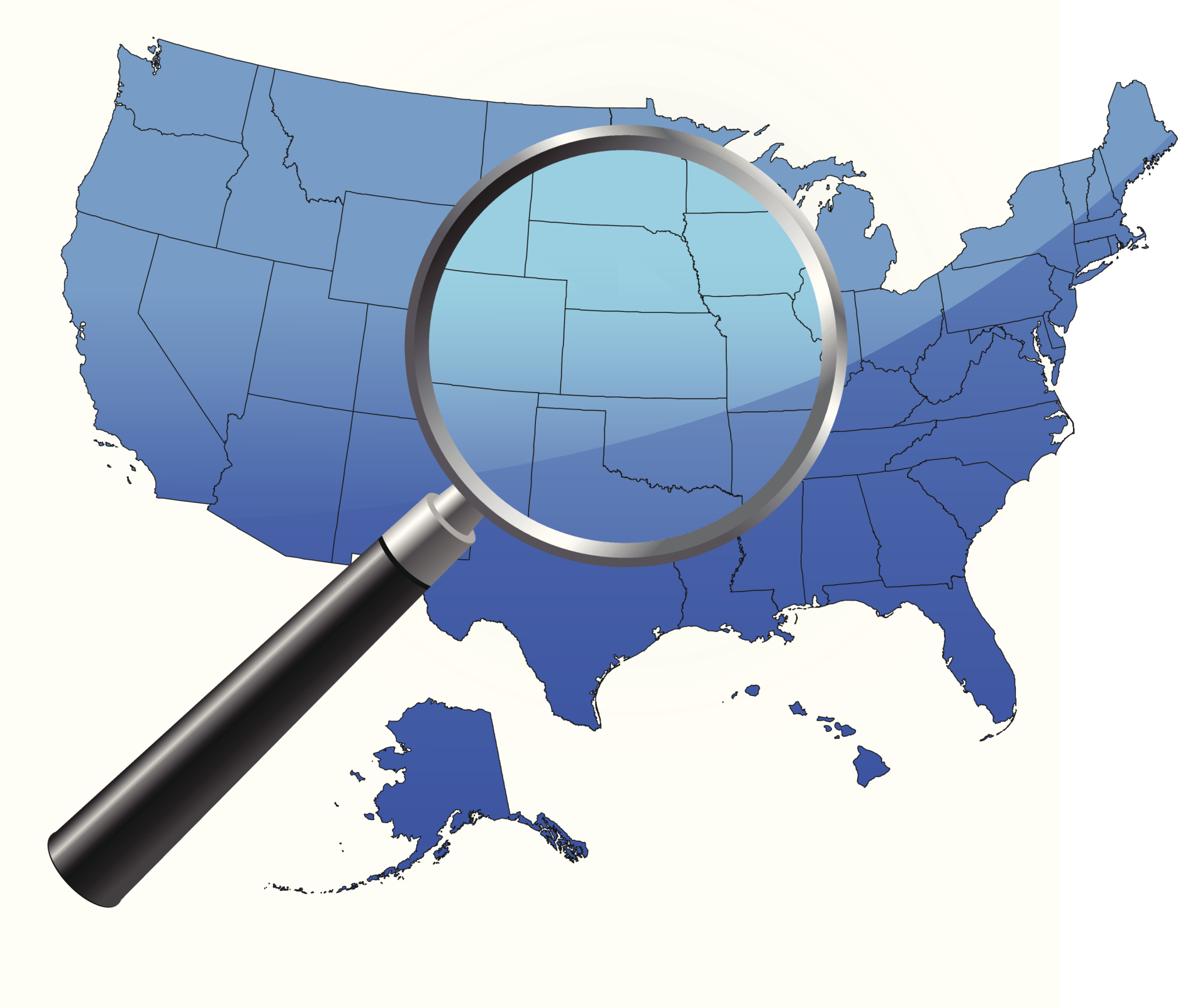Yet one more state is about to raise the minimum wage. At the current rate at which states are taking this action, the move by some members of Congress to push the national hourly rate to $10.10 may become academic. Minnesota’s legislature and governor are about to set a new hourly wage of $9.50.
The Minnesota State Senate announced:
Senate and House DFL leaders announced an agreement to raise the minimum wage to $9.50 per hour by 2016 for workers at businesses that yield gross revenues above $500,000 in gross sales. Workers employed by small businesses would by paid $7.75 per hour by 2016.
Beginning in 2018, the minimum wage would raise automatically with inflation; however, the Commissioner of Labor and Industry could suspend the automatic increase during difficult economic times. The inflationary increase would be measured by the implicit price deflator and is capped at 2.5 percent annually.
The $7.75 per hour minimum wage also applies to 16 and 17 year olds. It would also apply to 18 and 19 year olds for up to 90 days who are in training.
The action is a victory for those who believe that current minimum wages often put Americans below the poverty line and that the problem can be solved with ease if only employers were forced to be more generous.
The action on the part of Minnesota is another bit of bad news for the largest U.S. companies that have hundreds of thousands of low-skill workers. Most often mentioned among these, by both labor and the media, are Wal-Mart Stores Inc. (NYSE: WMT) and McDonald’s Corp. (NYSE: MCD). However, these two are only the tip of an iceberg of companies that claim they cannot afford to raise wages, particularly for people who are clerks and fast-food restaurant workers.
The decision by Minnesota’s legislature and governor will offer one more test case about whether higher wages damage the margins of companies that have a high portion of their workers who only make the minimum wages. These companies argue that the increase is counterproductive. The lower margins trigger a need to cut costs, and among the most likely ways to do that is to lay off workers. As the minimum wage rises from state to state, it will not take long to test the theory.
SEE ALSO: Nine Retailers Closing the Most Stores
100 Million Americans Are Missing This Crucial Retirement Tool
The thought of burdening your family with a financial disaster is most Americans’ nightmare. However, recent studies show that over 100 million Americans still don’t have proper life insurance in the event they pass away.
Life insurance can bring peace of mind – ensuring your loved ones are safeguarded against unforeseen expenses and debts. With premiums often lower than expected and a variety of plans tailored to different life stages and health conditions, securing a policy is more accessible than ever.
A quick, no-obligation quote can provide valuable insight into what’s available and what might best suit your family’s needs. Life insurance is a simple step you can take today to help secure peace of mind for your loved ones tomorrow.
Click here to learn how to get a quote in just a few minutes.
Thank you for reading! Have some feedback for us?
Contact the 24/7 Wall St. editorial team.



